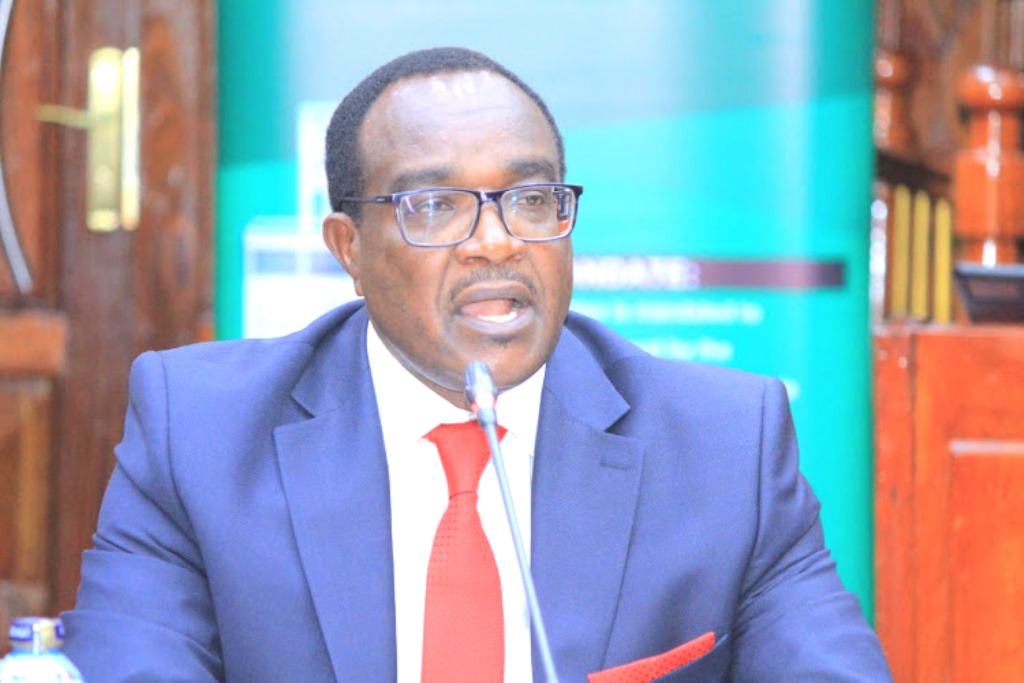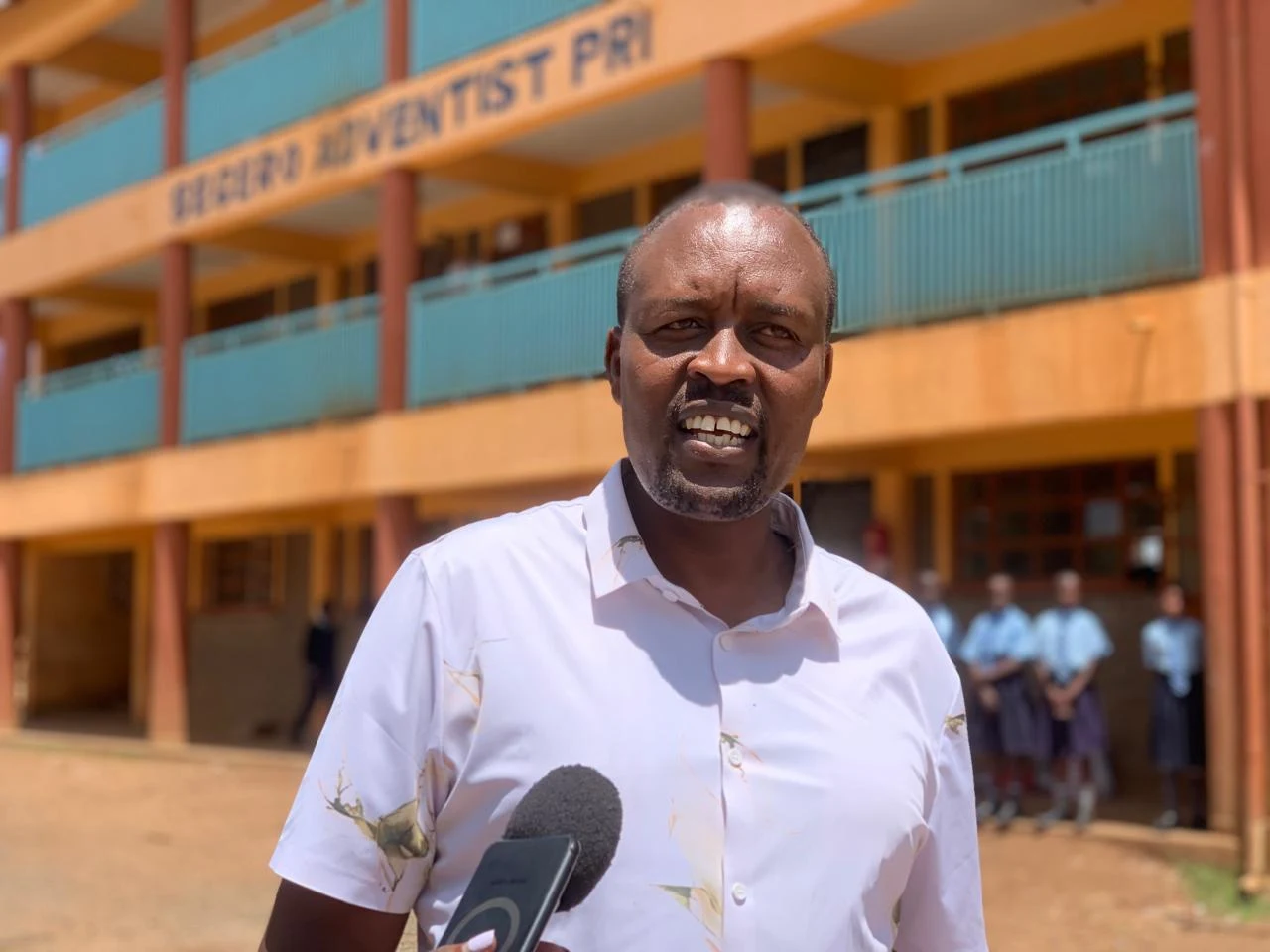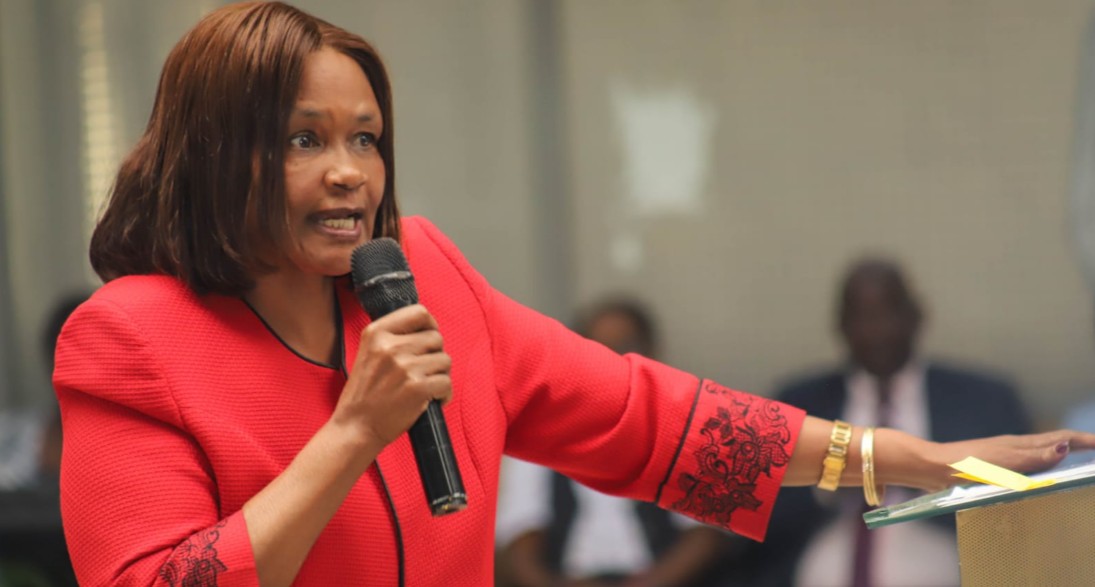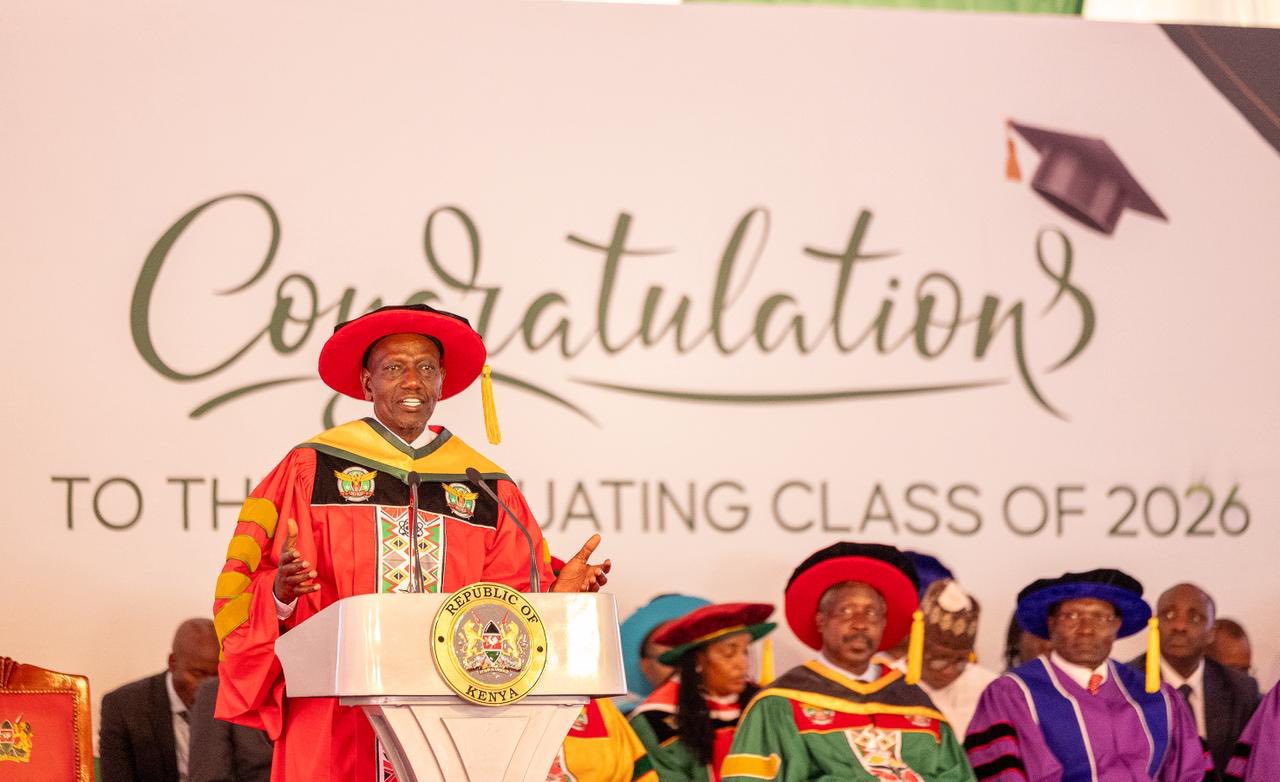There is an increasing interest in the educational qualifications of senior government officials especially in the executive arms of the national and county governments. There has been rampant cases of Cabinet and Principal Secretaries appointed and deployed into ministries and departments that are not related to their educational qualifications and experiences.
Let us analyze the current Cabinet nominees for starters. Eight out of twenty two of them are lawyers. These are Soipan Tuya, Kipchumba Murkomen, Alice Wahome, Rebecca Miano, Kithure Kindiki, Julius Ogamba, Justin Muturi and the Attorney General Dorcas Oduor.
The others are John Mbandi – an accountant, Dr Andrew Karanja and Opiyo Wandayi–agriculturalists, Debra Barasa– a doctor, Aden Duale – an educationist, Davies Chirchir and Margaret Ndung’u – Information and Communication engineers, Musalia Mudavadi –Economist, and Stella Soi Lang’at – Political Scientist.
Then there are Hassan Ali Joho, Wycliffe Oparanya, Salim Mvurya, and Beatrice Moe, whose qualifications I could not immediately establish.
This clearly shows that one third of the Cabinet consists of lawyers and they are going to run ministries such as Sports, Defence, Education and the Public Service that majorly deal with matters other than law.
What sportspeople require, more than anything else, are facilities for training and an enabling environment to prepare for local and international events. Where does specialization in law come in? What teachers and learners require in their educational institutions are facilities, teaching aids, infrastructure, salaries and enabling environment – they call it an inviting atmosphere – to enable teaching and learning to take place. Where does specialization in law come in?
If knowledge in law was so important as to have the Cabinet Secretaries for Defence and Internal Security as lawyers, then the military and the police should be trained first as lawyers before being recruited.
Let us take it to the county level. Can a reshuffle be carried out by the Public Service Commission such that the county commanders of police swap places with the County Directors of Education? Can the County Director of Lands, Housing and Physical Planning swap places with the County Director of Medical Services? Can the Commander of a military squadron swap places with the County Director of Culture and Social Services?
It is safe to assume that this is not possible since it has never happened since independence of this country. This being the case it should be assumed that education and training are critical and indeed matter in deployment of professionals. And if indeed it matters at the lower hierarchy of the public service, why does it seem not to matter at the level of the Cabinet? Is it impossible to get one specialist each in Education, Defence, Sports Administration, or Public Administration to be appointed to the Cabinet in the right dockets?
The vetting of Cabinet Secretaries has also raised a number of issues. I will limit this write up to the pre-vetting briefs that Principal Secretaries provide to the Cabinet nominees.
The Cabinet nominee for education was, for example, asked about the appropriateness of domiciling grade 9 in primary or secondary schools. He supported the present scenario without assigning any reason for his views. He was clearly not having his own ideas to back up his stand. He was also asked about the preparedness of the ministry to provide classrooms for grade 9 by January 2025. He reiterated the ministry’s position that it will construct 16,000 classrooms by that time.
Being a stranger in the field of education, he doesn’t know that the schools that offer JSS are over 19,000 and some schools, such as Olympic Primary School, Moi Primary School in Nakuru and many more, have between two and twenty streams within the same school- meaning that the required classrooms are well over 19,000 and not 16,000 as he innocently regurgitated from the brief he received.
He does not know that the students joining grade nine are more than one million. Even assuming that each classroom will contain fifty students, the ministry would have to provide more than 20,000 classrooms. He doesn’t know that enrollment in ASAL counties, per class, would average 20 students. This means that for one million learners, we may need more 25,000 classrooms.
Unfortunately, it is not his fault. He is in a field that he doesn’t understand and his background as a lawyer will not be of use on such basic issues. And if he cannot grasp the importance of such mundane issues, how will he understand the local and international complexities in the sector that he will surely confront as soon as he takes over the docket?
I submit that relevant education and experience matters in deployment of Cabinet and Principal Secretaries. Running ministries is not a hit or miss affair.
YOU MAY ALSO READ:
Special needs teachers to go on strike in September over 2011 CBA
By Mwalimu Andrew Kibet
You can also follow our social media pages on Twitter: Education News KE and Facebook: Education News Newspaper for timely updates.
>>> Click here to stay up-to-date with trending regional stories
>>> Click here to read more informed opinions on the country’s education landscape






